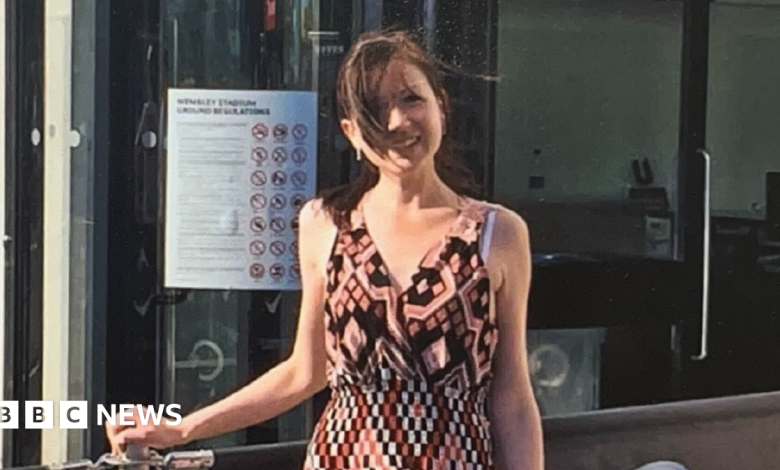Norwich officers ‘rabbits in headlights’ treating homeless woman

The tragic story of a woman’s untimely death has raised questions about the actions of police officers who encountered her in her final moments. Derek Kevern, a member of Norfolk Police’s professional standards team, revealed that the officers who found the woman, Ms. Cattermole, did not provide her with the medical attention she so desperately needed. Despite checking her pulse, they failed to administer CPR, a crucial step that could have potentially saved her life. Furthermore, the officers did not contact the control room or the ambulance service, leaving Ms. Cattermole without the help she required. This shocking lapse in protocol has prompted an investigation into the officers’ actions, with Mr. Kevern attributing the failure to a “failure or inability to follow their training” rather than a systemic issue with the police department’s training programs.
As the inquest into Ms. Cattermole’s death continues, more details have emerged about the events leading up to her tragic passing. CCTV footage shows Ms. Cattermole struggling to stay on her feet, before eventually becoming slumped over and motionless. This was the last time she was seen to move, and it is believed that her heart stopped beating between 23:10 and 23:15. Professor Jasmeet Soar, an independent expert, estimates that Ms. Cattermole would have been in cardiac arrest by around 23:30. What’s striking is that passersby may not have even realized she was in distress, as the symptoms of cardiac arrest can be subtle. It wasn’t until two off-duty first responders stumbled upon her that she received the CPR she so desperately needed. Unfortunately, it was too late, and Ms. Cattermole’s life could not be saved.
The fact that the police officers who encountered Ms. Cattermole did not provide her with CPR has raised eyebrows and sparked outrage. Mr. Kevern has emphasized that the vast majority of police officers would have responded differently, and that the issue is not with the training programs themselves, but rather with the officers’ failure to follow their training. To prevent similar tragedies in the future, the officers involved have been given a “reflective practice” process and additional training to ensure they are better equipped to handle similar situations. This is a crucial step towards accountability and ensuring that officers are prepared to respond to medical emergencies. It’s heartbreaking to think that Ms. Cattermole’s life may have been saved if the officers had simply followed their training and provided her with the care she needed.
The inquest has also highlighted the importance of bystander intervention in medical emergencies. The two off-duty first responders who gave Ms. Cattermole CPR are a testament to the impact that ordinary people can have in saving lives. Their selfless actions, although ultimately unsuccessful in saving Ms. Cattermole’s life, demonstrate the value of community and the importance of being prepared to respond in emergency situations. It’s a powerful reminder that we all have the potential to make a difference, and that even the simplest actions can have a profound impact. As the investigation into Ms. Cattermole’s death continues, it’s essential that we learn from this tragedy and work towards creating a society where everyone is equipped to respond to medical emergencies.
The police department’s response to the incident has been under scrutiny, with many questioning why the officers did not follow protocol. Mr. Kevern’s insistence that the issue is not systemic, but rather a failure of individual officers, has been met with skepticism by some. While it’s true that the vast majority of police officers would have responded differently, it’s essential that the department takes a hard look at its training programs and protocols to ensure that officers are adequately prepared to respond to medical emergencies. The fact that the officers involved have been given additional training is a step in the right direction, but more needs to be done to prevent similar tragedies in the future.
In conclusion, the story of Ms. Cattermole’s death is a tragic reminder of the importance of prompt medical attention and the need for individuals to be prepared to respond to emergencies. The police officers’ failure to provide CPR and contact the control room or ambulance service has raised serious questions about their training and protocol. While the investigation into her death continues, it’s essential that we learn from this tragedy and work towards creating a society where everyone is equipped to respond to medical emergencies. The actions of the two off-duty first responders who gave Ms. Cattermole CPR are a powerful reminder of the impact that ordinary people can have in saving lives, and it’s crucial that we build on this sense of community and compassion to prevent similar tragedies in the future. By doing so, we can honor Ms. Cattermole’s memory and work towards a safer, more compassionate world for everyone.








